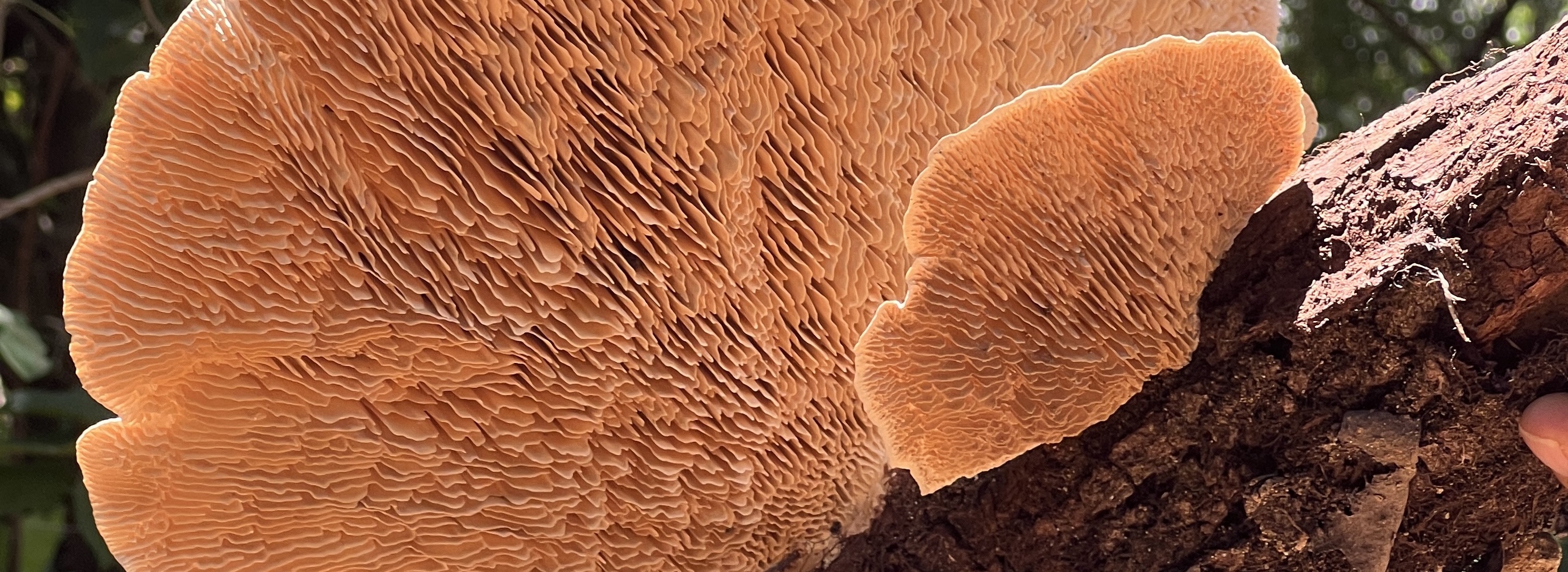
Monteverde Institute: Tropical Ecology and Conservation
Alternative Title
Borracho veloz (Plagiotremus azaleus) se benefician del mimetismo agresivo y de formar escuelas con sus conespecíficos
Files
Download Full Text (5.0 MB)
Publication Date
June 2019
Abstract
Mimicry serves as a marker of a longstanding and evolutionary complex relationship, though studies on mimicry are notoriously difficult to execute, as there are many factors to consider. In interspecific relationships that are reported to exhibit both frequency dependent and frequency independent mimicries, evaluating the benefits of association are especially complex. The relationship between the Sabertooth Blenny Plagiotremus azaleus and the Cortez Rainbow Wrasse Thalassoma lucasanum is proposed to be one of both aggressive and social mimicry, with the former species acting as the mimic and the latter as the model. However, previous observations as well as my own have observed large conspecific schools of P. azaleus, a phenomenon that ignores the traditional assumptions of frequency dependent mimetic relationships. In this study, I sought to review the benefits that P. azaleus incur from their likeness and association with T. lucasanum, and to investigate what benefits P. azaleus might derive from associating with themselves. The results of this study support the established claims that P. azaleus enjoy increased predation success when associating with their model, which in turn supports the presumed aggressive mimicry between the blenny and T. lucasanum. Although sample sizes were too small to determine significant benefits they might derive from associating with each other, low P-Values hint at hypotheses that conspecific schools of P. azaleus are chased by fish less often than when they are either solitary or associating with their models. I propose that the complexities in P. azaleus behavior may be the result of the interaction between aggressive and social mimicry it is reported to exhibit, or that, like P. rhinorhynchos, P. azaleus could possess facultative mimicry and so choose when to perform mimicry.
Resumen
El mimetismo se conoce como una relación compleja que ha sido formada a través de muchos años evolutivamente hablando. Los estudios de este tema son difíciles de ejecutar, ya que hay muchos factores a considerar. En las relaciones interespecíficas donde se exhibe mimetismo dependiente e independiente de la frecuencia de individuos, la evaluación de los beneficios de la asociación es especialmente compleja. Se ha propuesto que la relación entre los peces Borracho veloz Plagiotremus azaleus y el Arco Iris de Cortés Thalassoma lucasanum es de mimetismo agresivo y mimetismo social, con la primera especie actuando como imitadora y la última como modelo. Sin embargo, observaciones previas han encontrado grandes escuelas de P. azaleus, un fenómeno que ignora los supuestos tradicionales de las relaciones miméticas dependientes de la frecuencia. En este estudio, investigué los beneficios que logran P. azaleus debido a su semejanza y asociación con T. lucasanum, y también estudié qué beneficios podrían tener al asociarse con ellos. Los resultados de este estudio apoyan que P. azaleus disfruta de un mayor éxito de depredación al asociarse con su modelo, lo que a su vez apoya el supuesto mimetismo agresivo entre P. azaleus y T. lucasanum. Aunque los tamaños de muestra fueron demasiado pequeños para determinar los beneficios significativos que podrían derivar de asociarse entre sí, los bajos valores de P. apuntan a apoyar la hipótesis de que las escuelas conespecíficas de P. azaleus son perseguidas menos frecuentemente que cuando están solos o se asocian con sus modelos. Propongo que el complejo comportamiento de P. azaleus puede ser el resultado de la interacción entre el mimetismo agresivo y social, o que, al igual que P. rhinorhynchos, P. azaleus podría poseer mimetismo facultativo y así elegir cuándo realizar el mimetismo a su beneficio.
Extent
11 pages
Holding Location
Monteverde Institute
Language
English; Spanish
Media Type
Articles
Format
Digital Only
Identifier
M39-00801
Type
Book
Recommended Citation
Weaver, Olivia A., "Sabertooth blennies (Plagiotremus azaleus) benefit from aggressive mimicry and schooling with conspecifics, June 2019" (2019). Monteverde Institute: Tropical Ecology and Conservation. 669.
https://digitalcommons.usf.edu/tropical_ecology/669


